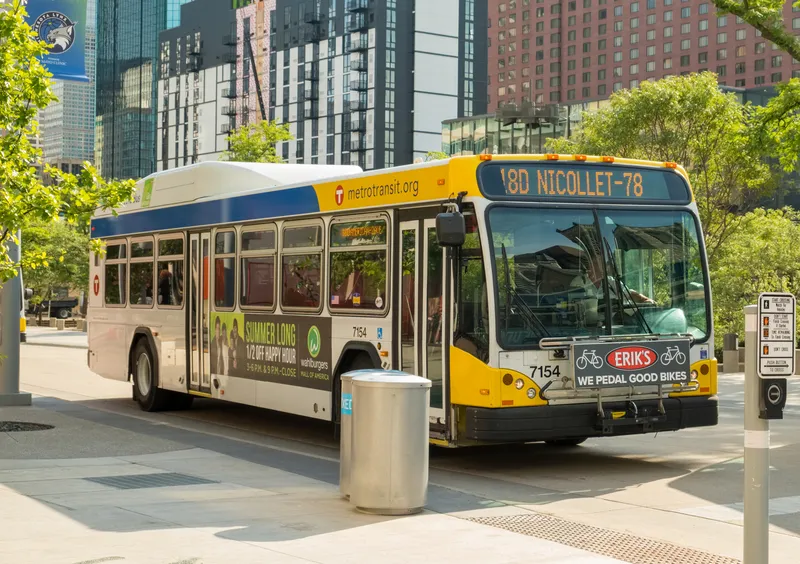Daimler’s Mercedes-Benz Future Bus made its first autonomous trip on a public road recently, when it was driven at speeds of up to 70 km/h on a section of a bus rapid transit route in Amsterdam in the Netherlands.
The 20 kilometre route, which links Schiphol Airport with the town of Haarlem, provided a challenge for the bus, with its numerous bends, tunnels and traffic signals. Although a driver was on board for safety reasons, for the most part the bus met the challenge autonomously, stopping at bus sto
July 21, 2016
Read time: 2 mins
The 20 kilometre route, which links Schiphol Airport with the town of Haarlem, provided a challenge for the bus, with its numerous bends, tunnels and traffic signals. Although a driver was on board for safety reasons, for the most part the bus met the challenge autonomously, stopping at bus stops and traffic lights and driving off again automatically, passing through tunnels, braking for obstacles or pedestrians and communicating with traffic signals.
The bus utilises CityPilot technology, which is based on Daimler’s autonomous Mercedes-Benz Actros truck with Highway Pilot. This enables it to recognise obstacles or pedestrians. It is also able to recognise traffic lights, communicate with them and safely negotiate signal-controlled junctions. It approaches bus stops automatically, where it opens and closes its doors.
The bus features GPS for precise positioning and uses around a dozen cameras to scan the road and surroundings, while long and short-range radar systems constantly monitor the route ahead, providing data which enables the bus to be precisely positioned to within centimetres, says Daimler.
The interior of the bus features three different areas for passengers depending on their length of travel, with grab rails for short trips and a lounge with designer seats and wireless charging for long-distance passengers. Large monitors display travel information or even the view from the driver’s window.
According to Daimler, the bus is ideal for BRT systems, which tend to run on their own lines with separate, barrier-free bus stops, their own traffic signal settings and special ticketing systems with advance sale of tickets.









